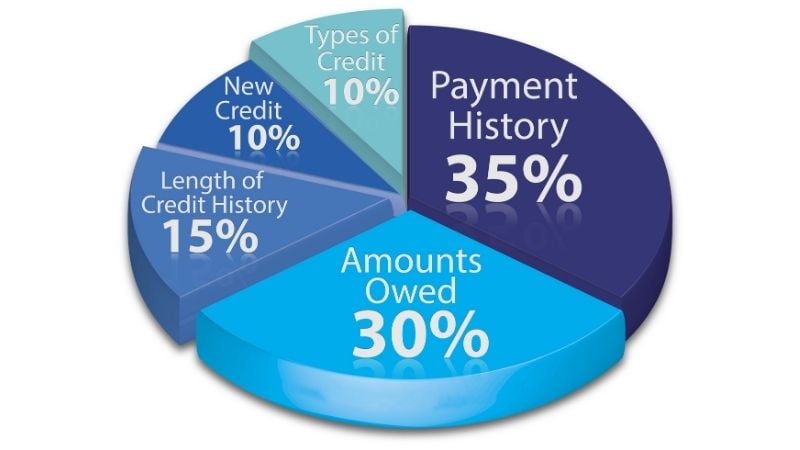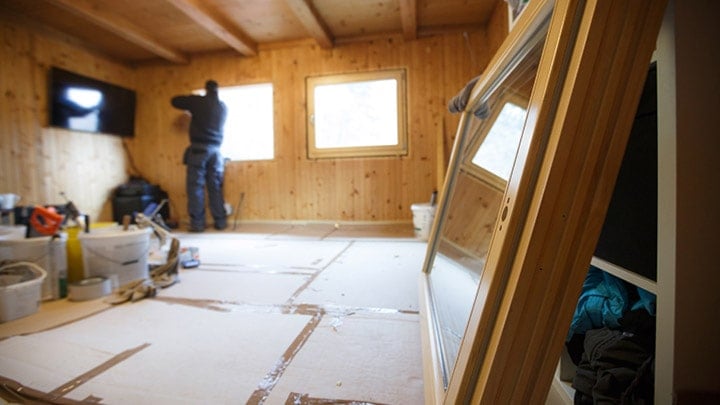6 Tips to Improve Your Credit Score Before Your First Home Mortgage
Whether you’re actively searching or simply thinking about starting to look for a home, you can put this time to good use by trying to improve your...
3 min read
 Twin Cities Habitat for Humanity
:
3:22 PM on May 17, 2021
Twin Cities Habitat for Humanity
:
3:22 PM on May 17, 2021

When you think you might be ready to buy your first home, who do you talk to first? Before going to a loan officer or a realtor, there's one other professional you should consult: a homeownership advisor or a financial coach.

Pa Lor, Homeowner Development Manager with Twin Cities Habitat for Humanity, says a financial coaching session is an essential step that helps first-time homebuyers start the process on the right foot. Here's what you can expect from your first financial coaching session with your homeownership advisor and how to make the most of this valuable resource.
A financial coaching session typically begins as a one-on-one discussion between you and the coach. One of the objectives of financial coaching is to build a personal relationship between the homebuyer and the coach. Your financial coach will ask questions about your income, credit history, spending habits, and your motivations for becoming a homeowner to start building that relationship.
"You're talking about something really personal," Pa says. "Sometimes, you don't want to expose your financial situation to other people. If we just point out what's wrong with your finances, we'll never build trust. That's why we never judge you based on how ready or not ready you are to buy a home – we want to meet you where you are."
Here are a couple of things your first financial coaching session is likely to cover:
Whatever your homebuying and financial goals are, financial coaching can get you closer to reaching them. Your first session will be an opportunity for you to get to know the process, what goals you should set, and what mortgage options are right for you. Most importantly, financial coaching is your chance to enter the world of homebuying without fear of failure or penalty.
"Financial coaches show you your options and explain opportunities without making decisions for you," Pa says. "There's no judgment in a financial coaching session."
Your gift unlocks bright futures! Donate now to create, preserve, and promote affordable homeownership in the Twin Cities.

Whether you’re actively searching or simply thinking about starting to look for a home, you can put this time to good use by trying to improve your...

For DIY lovers, a fixer-upper home can be the ultimate project.

Whether you’re actively searching or simply thinking about starting to look for a home, you can put this time to good use by trying to improve your...